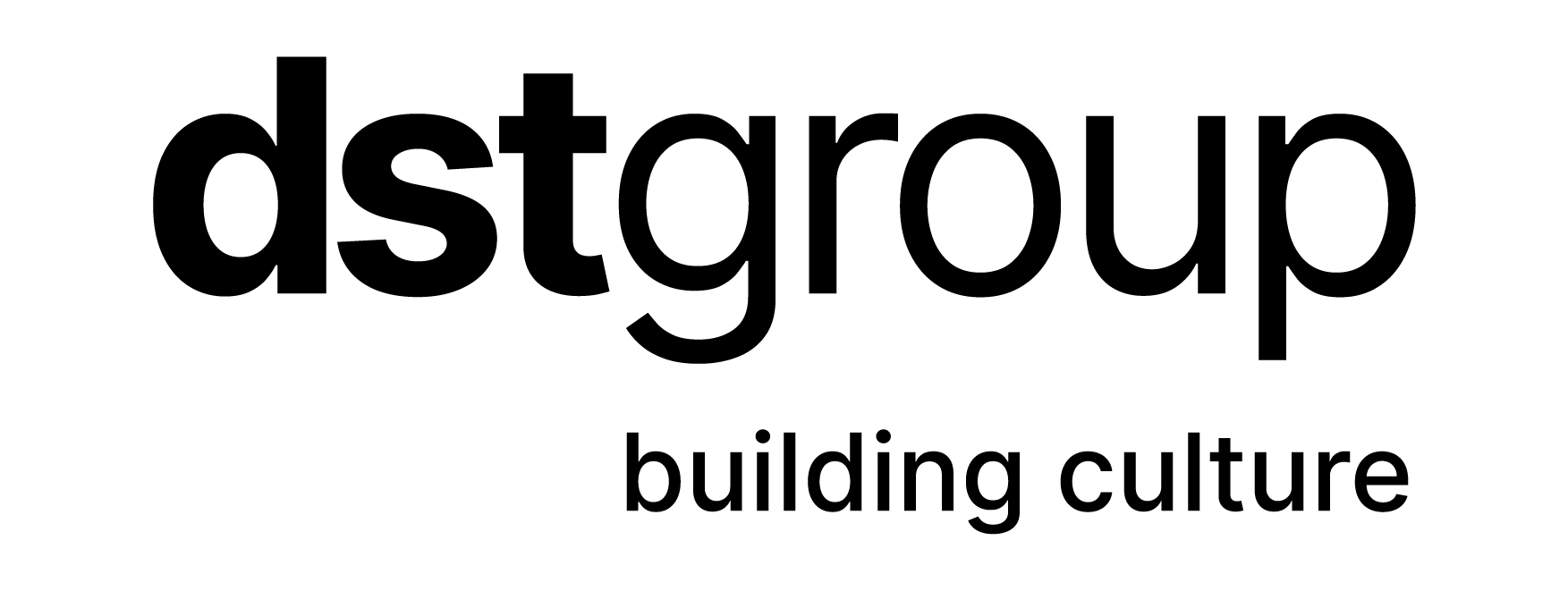- Programa
- ContextoSaturday
15:00Foyer
Gratuito
Raquel S. and Ana Gabriela MacedoIn the Contexto cycle, we propose a series of conferences in which we take a show from Theatro Circo's program as a starting point to talk to artists and people whose areas of activity intersect with the themes and issues addressed in that work. In anticipation of the premiere of Hei-de reparar. by Raquel S., the director will be in conversation with Ana Gabriela Macedo, in a meeting that will not only retrieve stories of actresses in 20th century Portuguese theater, but also dialogue with other corpographies and thoughts on women.
In 1972, in the famous literary work Novas Cartas Portuguesas, the “Três Marias” (Maria Isabel Barreno, Maria Teresa Horta, Maria Velho da Costa) ask: “My sisters: But what can literature do? Or rather, what can words do?”, referring to language as a tool for feminist emancipation in Portugal during the Estado Novo dictatorship.
When today, even in a democracy, women's freedoms and reproductive rights - along with those of other gender identities - are threatened, it is essential to weave lines of collective complicity, subverting patriarchal oppression. What can your words do today? And what can art still do?
Curated by Alexandra Balona
dstgroup is a patron of Theatro Circo's Mediation Program.
Saturday
15:00
15:00
Foyer
Gratuito
Gratuito
Contexto
Raquel S. and Ana Gabriela Macedo

dstgroup is a patron of Theatro Circo's Mediation Program.
Raquel S. and Ana Gabriela Macedo
In the Contexto cycle, we propose a series of conferences in which we take a show from Theatro Circo's program as a starting point to talk to artists and people whose areas of activity intersect with the themes and issues addressed in that work. In anticipation of the premiere of Hei-de reparar. by Raquel S., the director will be in conversation with Ana Gabriela Macedo, in a meeting that will not only retrieve stories of actresses in 20th century Portuguese theater, but also dialogue with other corpographies and thoughts on women.
In 1972, in the famous literary work Novas Cartas Portuguesas, the “Três Marias” (Maria Isabel Barreno, Maria Teresa Horta, Maria Velho da Costa) ask: “My sisters: But what can literature do? Or rather, what can words do?”, referring to language as a tool for feminist emancipation in Portugal during the Estado Novo dictatorship.
When today, even in a democracy, women's freedoms and reproductive rights - along with those of other gender identities - are threatened, it is essential to weave lines of collective complicity, subverting patriarchal oppression. What can your words do today? And what can art still do?
Curated by Alexandra Balona
In 1972, in the famous literary work Novas Cartas Portuguesas, the “Três Marias” (Maria Isabel Barreno, Maria Teresa Horta, Maria Velho da Costa) ask: “My sisters: But what can literature do? Or rather, what can words do?”, referring to language as a tool for feminist emancipation in Portugal during the Estado Novo dictatorship.
When today, even in a democracy, women's freedoms and reproductive rights - along with those of other gender identities - are threatened, it is essential to weave lines of collective complicity, subverting patriarchal oppression. What can your words do today? And what can art still do?
Curated by Alexandra Balona

dstgroup is a patron of Theatro Circo's Mediation Program.
Other shows
All shows
Back
